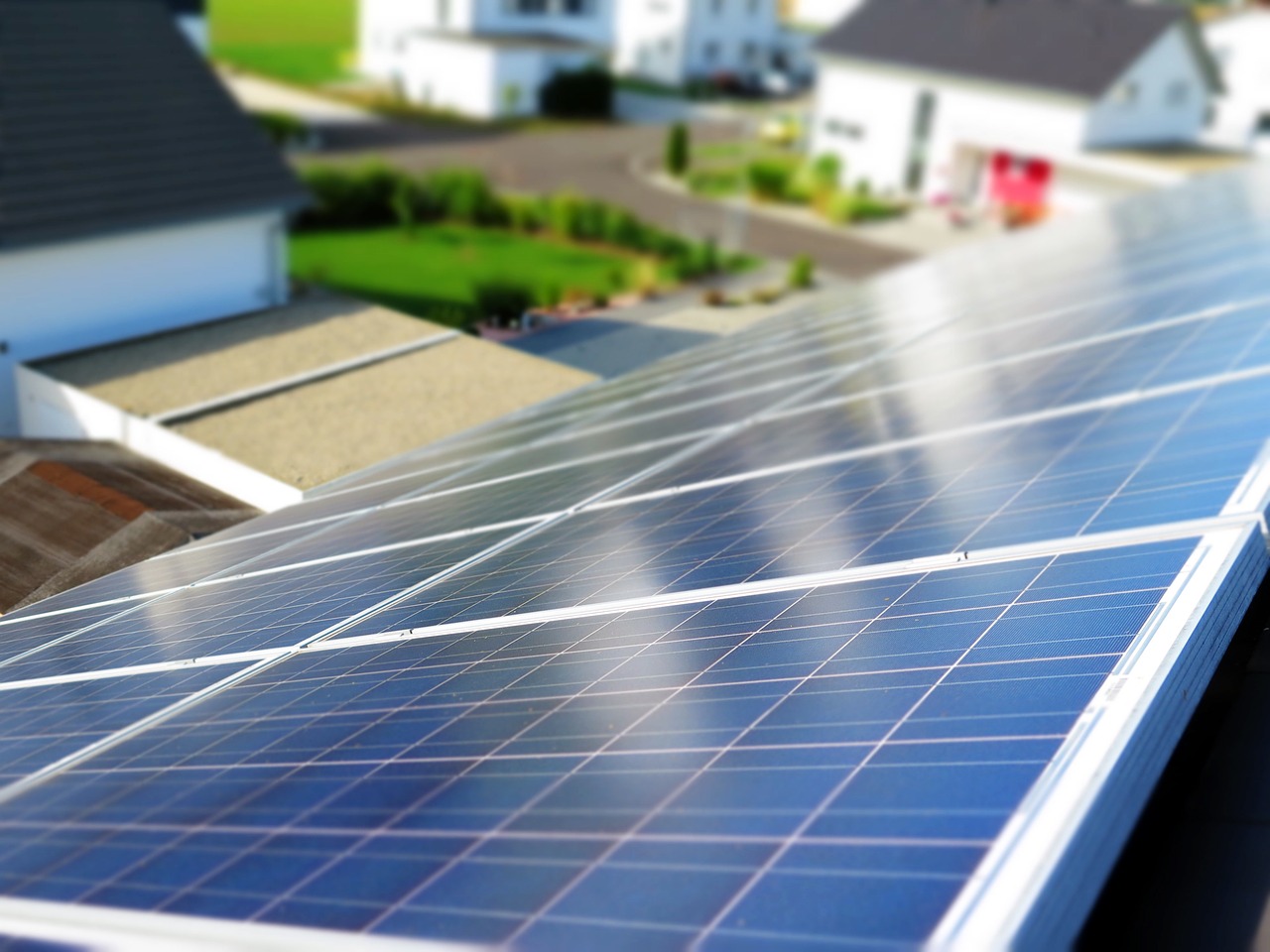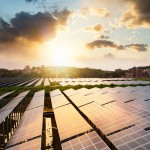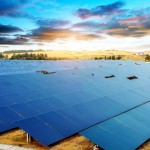
How to Maximize Your Solar Energy System
With a growing awareness of the perils that face our planet thanks to deforestation, pollution, habitat loss, and more, homeowners are clamoring for green energy solutions that can help to curb carbon emissions, reduce reliance on fossil fuels, and make the world a cleaner, healthier environment for residents. One of the best ways to make a change is through the use of the sustainable energy solar panels provide.
A solar energy system works by converting the energy from the sun’s rays into electricity that can be used in the home to power appliance, lighting, and electronics if every stripe. Of course, installing solar panels and related equipment can be a pricy undertaking.
You naturally want to get the most from this home upgrade. Here are a few steps that can help you to maximize the benefits gained from your solar energy system.
Perform a Home Energy Audit
The purpose of a home energy audit is not necessarily to reduce energy usage and costs, although that is probably the ultimate goal of most homeowners. All this service provides is an outline of energy waste in your home, giving you the information needed to make changes.
With a report detailing areas of energy waste, you can install weather stripping or sealant to stop leaks around windows, doors, vents, pipes, and the seams of your home where the bought air is getting out and jacking up your usage and costs. If you want to make the most of your solar energy system, creating an energy-efficient interior is a good place to start.
Conduct a Load Analysis
Whether your preferences lean toward the wind energy business or solar panels are your cup of green tea, it’s important to calculate your wattage needs prior to installing new equipment. Consider how you purchase a furnace or air conditioning unit for your home.
You have to make sure it has the capacity to support the square footage you want heated or cooled – otherwise you might overtax the system. On the other hand, it’s equally inefficient to purchase a unit that is meant for a much larger home. The point is that you need to capture precise measurements of the electrical load you use regularly in order to determine what your needs are prior to installing solar panels.
Consider Placement
Those of us in the northern hemisphere must place solar panels on south-facing slopes in order to optimize the collection of solar rays. The opposite is true in the southern hemisphere. As you may have guessed, this is because Earth’s rotation sets the path of the sun along the equator.
If you don’t have a solidly south-facing roof, you’ll have to find another place to put your solar panels, such as on a hill or on an artificial slope that points the panels southward to maximize the collection of solar rays. You could also install a smart system that allows you to rotate the panels to face the sun or that does so automatically as the sun moves through the sky.
Energy Storage
Most people are on board with the concept of saving for a rainy day. In this case, the adage is particularly relevant since you’ll want to use the energy your solar panels provide every day, rain or shine. Unfortunately, storing solar energy is easier said than done.
These days, you may still have to rely on your electric company in Florida to bump up your energy when it’s raining cats and dogs. It’s almost impossible to get entirely off the grid because the batteries used to store solar energy are not yet optimal.
New innovations are in development, but it could be a while before viable commercial models are available, much less options for consumers. For now, most homeowners will simply have to content themselves with a modicum of energy storage and an assist from solar energy providers on days when the sun is absent.
Properly Maintain Panels
If you want optimal performance you have to make sure that your panels are clean and well-maintained. The good news if you opt for financing instead of up-front purchase of panels is that the provider may include maintenance for the life of your “loan”, say 20 years.
Otherwise you’ll have to hire a technician for annual inspection, cleaning, maintenance, and repair, just as you do for your HVAC and water heater. Or you’ll have to learn to maintain your solar panel system yourself.












Thank you for reading!
Leave a reply